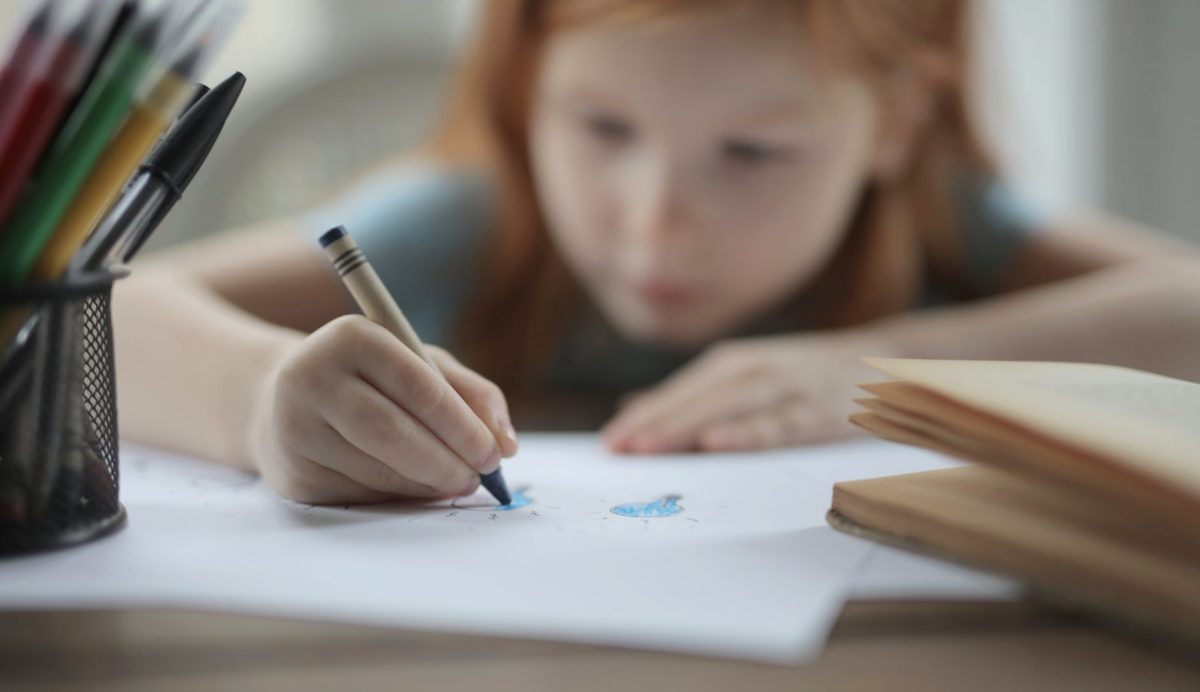Shona McIntosh, University of Bath
When the schools closed, can you remember your first thought? For many people, their worries around health and employment were joined by a new concern: having the kids at home. What, all the time? The prospect of spending 24 hours a day with your children can be appealing in the holidays, however this generally happens when parents are not working as well.
Having children at home at the same time that parents are working is new territory for many families and brings new problems. Children’s normal world is in upheaval, their routines have disappeared and their emotions may be in freefall. Meanwhile schools are helpfully sending ‘work’ home for your kids and you can hardly get through a website without seeing terrifying news side-by-side with cheery calls to get baking with your youngest ones. All this can make it feel like you are living in a new, unpleasant world. Competing demands for space, quiet and bandwidth when you have a remote meeting at the same time as the live-streamed You Tube workout can feel like a low moment. So, how can there be any benefits of home schooling during Covid-19?
Good news for you and your children
Although children’s education is often associated with what happens in schools, learning is not limited to a location. The learner-teacher relationship is fundamental in most modern theories of learning, putting parents in a strong position. As parents, you taught your child many things before they even started school and, amongst the problems of Covid-19, there are many positives to be found in home learning. I set out three below: making learning relevant to real life; plugging in to kids’ interests; and allowing children to be the teacher. Hopefully, these will buy you a bit of time to get some work done!
Learning in family life
The relationships children have with family members is central now. You can tap into shared family memories to support learning: drawing pictures, writing stories, sequencing using old photos, interviewing, counting and comparing. Checking in with the wider family is something people are now doing routinely and can enrich your children with a deeper connection to the experiences of their extended family.
Learning at home also has the potential to be immediately relevant. A child completing a word problem in a maths book can find it abstract, whereas children weighing out the right amount of rice for tonight’s dinner are applying their learning. Kids can design a balanced meal while older ones can cook with minimal supervision. With an emphasis on learning in family life, the abstract becomes concrete, and learning has a purpose. This is likely to create positive engagement with other practical tasks and make it easier for you to get them to do other similar things while you work.
Do what they love
Naturally, the age of your children will matter. Toddlers or teens? They need different parenting as well as different kinds of learning. Schools may have sent out general guides for what your kids ‘should be’ learning, but now is the chance to make it more personal. What lights your child up? How can it form a bigger part of their day than it does at school? Can they create an Egyptian world on Minecraft? Can they make a PowerPoint of their favourite [insert name here]? The huge advantage of this is that it will keep children occupied for longer, buying you some time for working, but also giving them freedom to explore their interests.
Turning the tables
When you are all at home, you want to be able to carve out uninterrupted blocks of time for work. It would be ideal if children could keep busy long enough for you to finish that complicated email without them saying, “Finished! Now what?” At school, children are often recipients of teacher-set tasks. A child needs a sense of their own agency to be independent enough to manage periods of time without adult input.
One way to encourage this is to turn your child into the teacher. Get them to explain to you something that they have learned today. Even better, can your child help you learn something new? It might need some setting up on your part, and research on theirs, but this kind of problem-based learning has several advantages: making learners confident, accepting trial and error as part of the learning process, and engrossing their attention, making them less reliant on adult task-setters and more independent.
Liberty in isolation
Right now, when nobody has much certainty about what to do, a break in routine is a chance to re-set some expectations. What applies in school has to be modified in the home environment and, if the pandemic is an opportunity to reorganise our priorities as a society, maybe this will be the same for families. If we let go of the educational demands that are placed on children to meet targets and perform in tests, this time at home can bring benefits. Engaging children in real-life problems that develop their independence within the family are real positives. Who knows, we may even look back on this time of confinement as a period of liberation.
Follow The Department of Education on Twitter @EducationBATH and Dr Shona McIntosh on Twitter @Pamphletpress.
Responses



I totally agree with this!
My children are currently enrolled in the home school program of an International School in the Philippines and my kids have really adjusted and adapted in the new normal of learning. Thank you for sharing this and hopefully you can share more articles soon! More power to your blog!